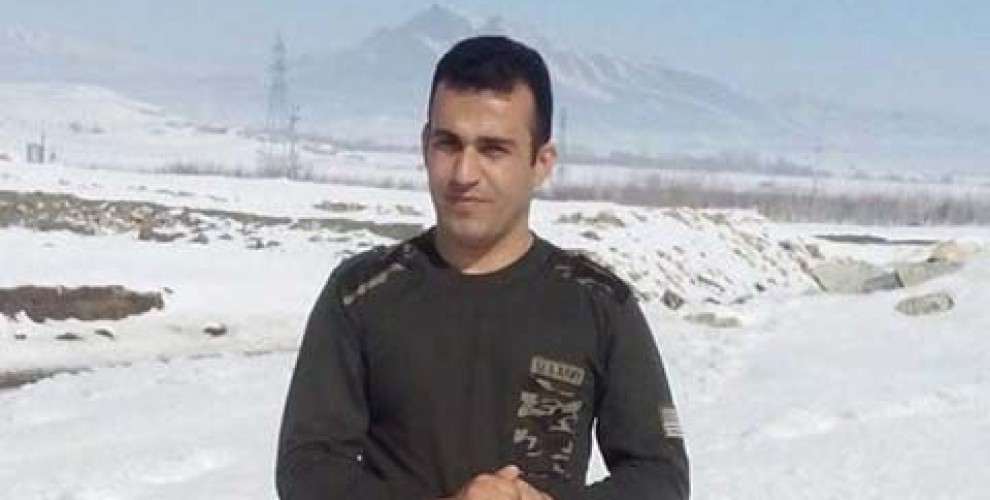Iranian regime to execute Panahi after Ramadan
The Iranian regime will reportedly execute Kurdish political prisoner Ramin Hossein Panahi after Ramadan without even informing his family and lawyer.
The Iranian regime will reportedly execute Kurdish political prisoner Ramin Hossein Panahi after Ramadan without even informing his family and lawyer.

Prisoners’ Rights Defence Campaign released a statement calling attention to the risk of imminent execution of Kurdish political prisoner Ramin Hossein Panahi.
The Campaign said; “The Iranian officials responsible for the case of Ramin Hossein Panahi are in a hurry to execute the death penalty issued for him.”
According to the Campaign, the file of Panahi was sent to National Asayish Council before the Revolutionary Court of Sine (Sanandaj) and the execution order was approved there.
The statement said that Iranian intelligence units in East Kurdistan asked the Sine Prison officials to execute the death penalty after Ramadan Eid without informing his family and lawyer.
“Furthermore, it was asked to transfer Panahi to another prison one hour before execution. In this way, the news of his death will be spread after execution”, said the statement.
According to the Prisoners’ Rights Defence Campaign, with this practice, the Iranian regime wants to obstruct protests by the Kurdish and Iranian people against Panahi’s execution.
Sine Prison officials had informed Panahi’s family on 19 May that the execution will be carried out after the Ramadan Eid.
Ramin Hossein Panahi, a 22-year-old man from Iran’s Kurdish minority, was convicted and sentenced to death after a grossly unfair trial on 16 January that lasted less than an hour. His family told Amnesty International that he appeared before the Revolutionary Court in Sanandaj with torture marks on his body, but that the court failed to order an investigation into his claims that he had been forced to “confess” to the crime. According to his lawyer, the court convicted and sentenced him to death for “taking up arms against the state” (baqi) merely based on his membership of the banned Kurdish opposition group Komala. No specific evidence was provided linking him to activities involving intentional killing, which is the required threshold defining the “most serious crimes” to which the use of the death penalty must be restricted under international law. Between his arrest and trial, he was allowed one brief meeting with his lawyer, which took place with intelligence officials present. The Supreme Court upheld the conviction and death sentence in March 2018.
Ramin Hossein Panahi was first arrested on 23 June 2017. Following his arrest, he was forcibly disappeared for four months. According to him, during this period and a further two months of solitary confinement, Ministry of Intelligence and Revolutionary Guard officials repeatedly tortured him, including through beating him with cables, kicking and punching him in the stomach and hitting his head against the wall. They also deliberately denied him adequate medical care for the injuries he sustained from being shot at the time of his arrest.